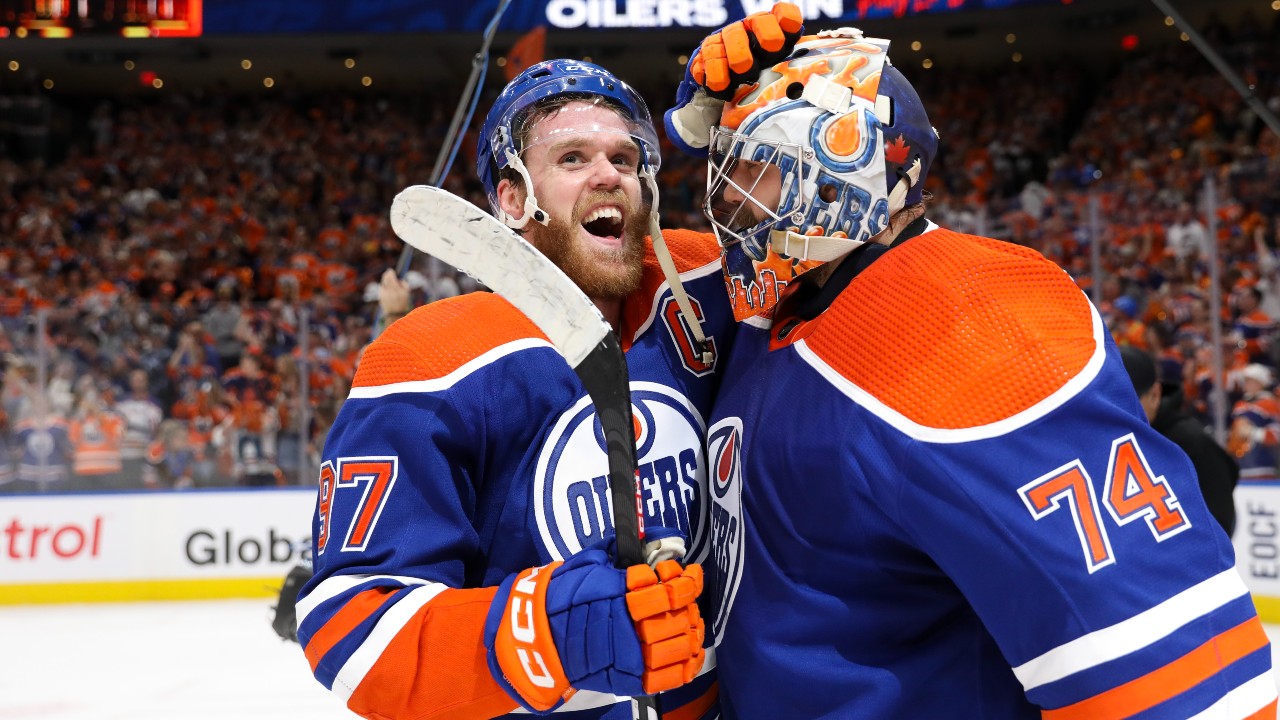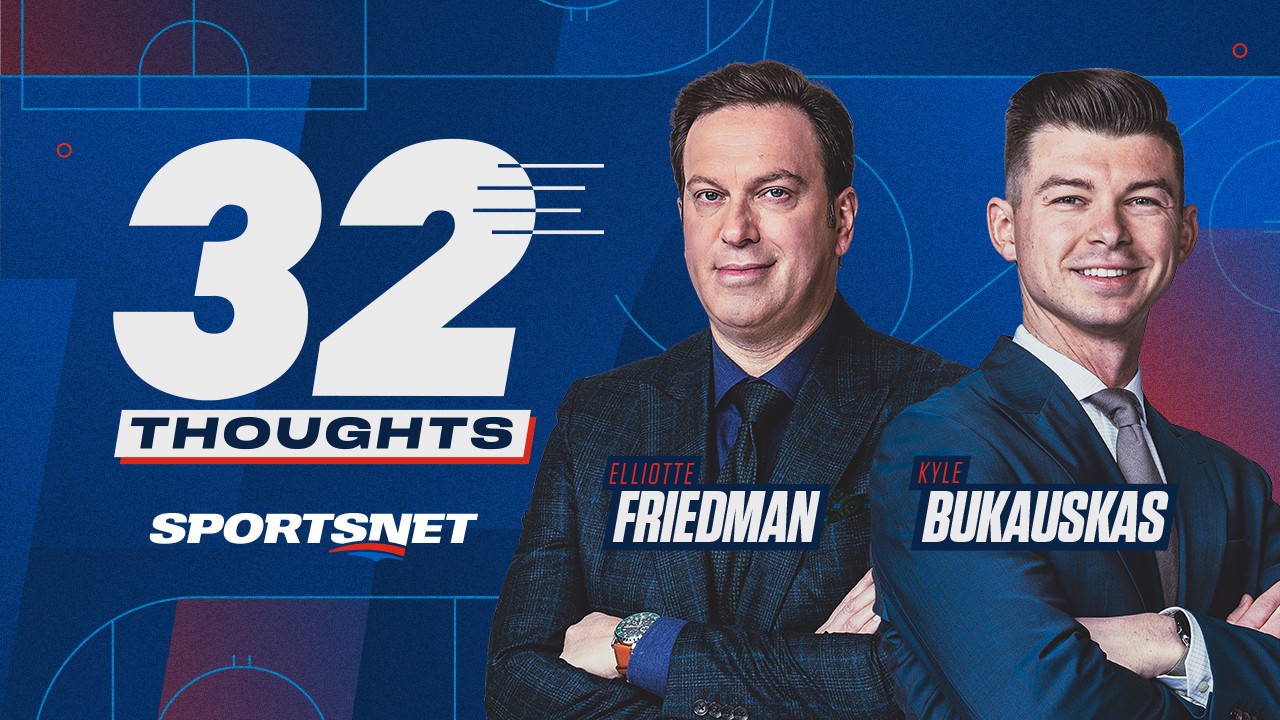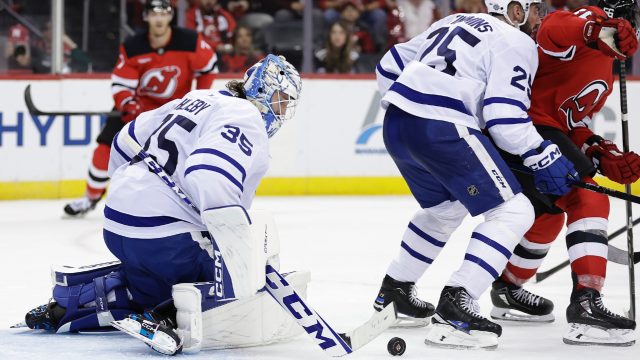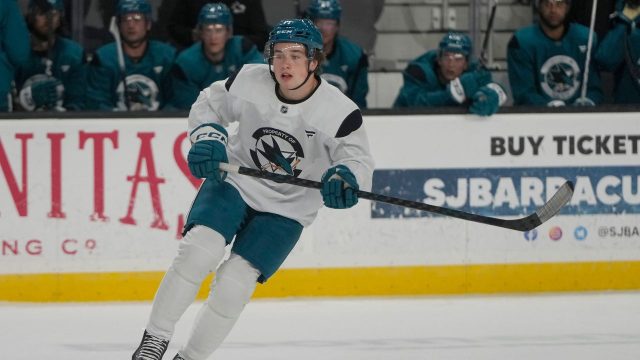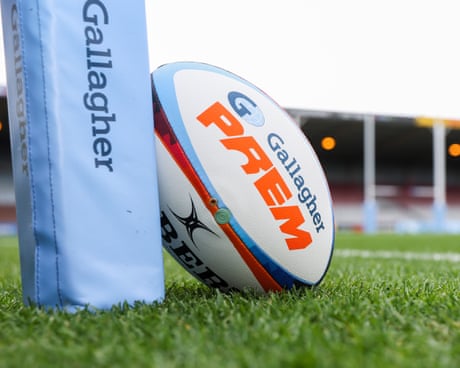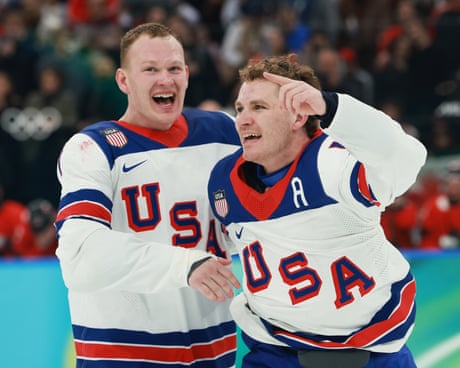
The Friday Four is a collection of thoughts and information on some intriguing player storylines from early in the season. On deck this week:
• Sky’s the limit for Connor Bedard in his sophomore season
• Dylan Guenther looks poised to break out
• Kraken make a big gamble on Daccord
• Broberg offer sheet paying early dividends
Connor Bedard, Chicago Blackhawks
When Connor Bedard looks across at Connor McDavid for the opening faceoff of Saturday’s clash between the Chicago Blackhawks and Edmonton Oilers, he’ll be staring into his future. Or at least he hopes.
McDavid is one of only a handful to ever play the game that truly knows what weight Bedard is carrying. Hockey prodigy, chosen one, exceptional status in junior, No. 1 overall draft pick and generational talent are things that have propelled McDavid and not crushed him. McDavid is now the face of the league, has won just about every individual award imaginable and is good enough to have the Oilers in the Cup conversation on an annual basis. If all goes to plan, Bedard will follow that same path.
The starts of both of their NHL journeys have been eerily similar. They each missed significant time in their rookie seasons because of injury, derailing what looked to be very strong campaigns. In year two, McDavid hit 100 points, so can we expect something similar from Bedard in his sophomore season?
As a rookie, Bedard averaged 0.89 points per game and more than 200 shots in just 68 contests. It was an impressive season under the circumstances. Calling Chicago’s 2023-24 roster bleak would be a compliment and Bedard’s most frequent linemates were Nick Foligno and Philipp Kurashev. Not exactly ideal to help a talented young prospect fill the scoresheet. In fact, the only player besides Bedard on the Blackhawks to reach 40 points last year was Kurashev. It’s amazing Bedard was in the ballpark of a point per game with so little talent around him.
Chicago did a decent job this off-season, though, of acquiring reinforcements for Bedard. Teuvo Teravainen and Tyler Bertuzzi will help up front, as will a healthy Taylor Hall. All three of those forwards will also be on the top power play, which should at least be enough to improve Chicago’s 28th-ranked unit with the man advantage from a year ago.
Bedard is already off to a good start, notching two assists in his first game, including an almost effortless assist on a goal by Teravainen. The beautiful finish by Teravainen was something sorely lacking by the Blackhawks a year ago and a good indication of what a little more skill can do for Bedard’s game. Someone like Bertuzzi, who finished last season with 14 goals in his final 25 games, could also be really beneficial to Bedard. He found success playing with another elite centre in Auston Matthews and Bedard is probably more of a distributor than Matthews. Bedard simply didn’t have enough players around him as a rookie that could put the puck in the back of the net, so Bertuzzi will certainly help in that area.
We’ve also never seen the impact a healthy Hall could have, either, after he was limited to just 10 contests in 2023-24. The soon-to-be 33-year-old isn’t the player he once was, but Hall also hasn’t played with anyone on Bedard’s level in years. He has an offensive skillset that at least has a chance to be fairly productive around Bedard.
Let’s also consider the internal growth Bedard is going to have. Even for the most elite talents, being a rookie in the NHL is still really difficult both on the ice and off it. Bedard should have a better idea of what to expect when it comes to things like travel, media responsibilities and, most importantly, how to navigate his opposition. He should be able to avoid checks better, have a good idea of how opponents are going to try to defend him now and see the ice even clearer.
It’s hard to quantify exactly how all of these things will reflect on Bedard’s numbers, but it’s reasonable to think there’s some significant growth coming. With more talented forwards around him and a year of experience under his belt, it would be very surprising if Bedard isn’t at least a point-per-game player in 2024-25. He wasn’t far off that mark as a rookie in a very difficult situation. A 90-point season seems like a realistic possibility and it wouldn’t shock me if Bedard flirts with 100. He’s that good.
As for Saturday, Bedard will have a front-row seat to see the level he has to get to in order to become the world’s best player. He’s not going to get there this season, but 2024-25 could be a very pivotal part of the journey.
Dylan Guenther, Utah
Dylan Guenther is making a habit of scoring big goals.
Whether it was the gold-medal-winning goal for Canada at the world juniors, the first goal in the history of the Utah Hockey Club or the overtime winner Thursday night, Guenther is proving he can come up big when it matters. Guenther’s goals often look very similar — a lightning quick release that’s in the back of the net before the goalie even has time to react. With Guenther’s dangerous shot, he’s a threat to score from just about anywhere in the offensive zone.
It shouldn’t be a big surprise Guenther got off to a strong start this season with four goals in two games after what he showed in 2023-24. He skated in just 45 contests, but found the net 18 times for a 33-goal pace. You could tell Guenther had the makings of a legit goal scorer and we’re already starting to see just what he’s capable of.
Guenther is also playing alongside another incredible young talent in Logan Cooley. Those two should be filling the Utah’s scoresheet for years to come and we’ve seen other dynamic duos come into the NHL at a similar time and turn a franchise around. Sidney Crosby and Evgeni Malkin as well as Jonathan Toews and Patrick Kane are the examples Guenther and Cooley will hope to follow.
The first step is getting Utah to the post-season in its first campaign and thanks to Guenther’s heroics, the team is off to a 2-0 start. It’s not going to be easy to knock one of the eight Western Conference playoff teams from last year out, so Guenther and company have their work cut out for them. If he keeps scoring at the rate he has to start the season, though, Guenther is going to make Utah’s inaugural season a memorable one and put the rest of the league on notice.
Any time a former seventh-round pick cashes in on a lucrative contract it’s always a great story, and Joey Daccord is no different.
Coming from relative obscurity last season, Daccord was excellent for the Seattle Kraken, sporting a .916 save percentage and stabilizing the net while Philipp Grubauer was injured. Daccord parlayed that campaign into a five-year, $25-million contract extension this week, which will come with significant risk on the Kraken’s part.
That’s a lot of money for a goalie that’s only played 69 career NHL games and now puts Seattle’s total cap hit in net close to $11 million for the two seasons after this one when you factor in Grubauer’s deal. We know how volatile the position is from year to year and how hard it is to forecast goalies, so it wouldn’t be shocking at all to see Daccord take a step back.
Darcy Kuemper and Jack Campbell, who both had a much larger sample size, signed similar deals to Daccord a couple of years ago and those did not go swimmingly to say the least. The $5 million AAV itself was eyebrow raising, but five years is a lot of term for someone so unproven.
The Kraken also did a good job of propping Daccord’s numbers up a bit, as Seattle tied for the fewest high danger chances allowed last season. It remains to be seen how a coaching change will impact the Kraken’s defensive play and if Daccord is tested more frequently there’s a good chance that save percentage drops. He saved only 3.8 goals above expected a year ago, which ranked right in between the likes of Cayden Primeau and Jet Greaves.
This isn’t to say it’s a certainty that Daccord will regress and make Seattle regret the deal, but they are now very committed to two goalies that come with more than a few question marks, which could be a recipe for disaster.
Philip Broberg, St. Louis Blues
Doug Armstrong’s offer sheet for Philip Broberg is already looking like a shrewd move.
Broberg has fit in seamlessly on the St. Louis Blues blue line, playing on the second pair and averaging more than 19 minutes of ice time in his first two games. To put that into perspective, Broberg averaged just 12:33 in his three years with the Oilers. He’s also tallied a goal and an assist with the Blues after managing just two goals total in 81 games with Edmonton.
It’s been an important acquisition for the Blues, who lost Torey Krug for the season shortly after St. Louis secured the offer sheets. Armstrong likely already knew there was a chance he’d be without Krug, making the Broberg addition more of a necessity. For a team that didn’t do much in free agency, bringing in Broberg and Dylan Holloway was a critical upgrade to a roster that had gotten stale.
We don’t often see offer sheets, but they can sometimes be the most exciting part of the off-season. When executed correctly like St. Louis did, teams have a difficult time matching and you can potentially snag some difference-makers for your roster. It doesn’t always have to be the biggest name, just a good fit to make an impact.
Here’s hoping Broberg and Holloway will inspire more offer sheets in the future and we see more than just one every few years.


